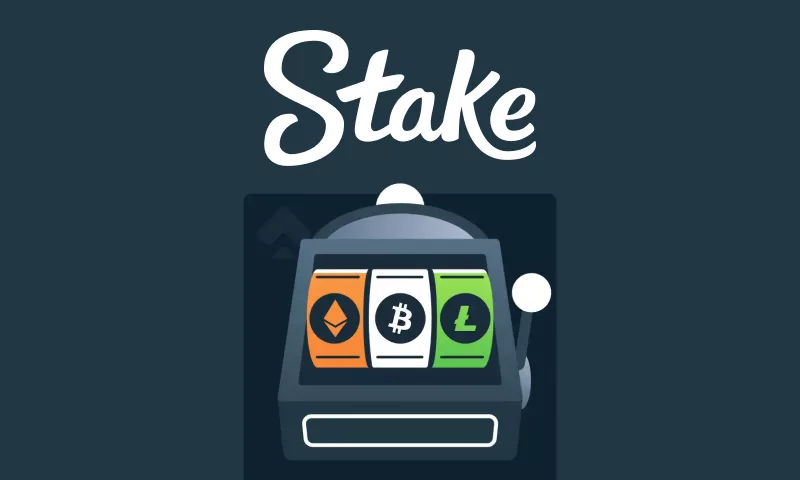Patriot Act 2.0

Edward Snowden is called The recently updated FISA 702 is “the biggest infringement on your privacy rights since the Patriot Act.”
In the middle of the night, in secret, the U.S. Senate voted to renew Section 702 of FISA as part of a broader bill called HR7888, the Intelligence Reform and National Security Act (RISSA).
The bill passed the House of Representatives a week ago and was scheduled to be voted on Wednesday, but the vote was delayed. As Friday came and went, it looked like there would be another weekend for our people to rally against the Senate vote.
Unfortunately, Americans woke up Saturday morning to find that the vote had been held overnight and signed into law over the weekend.
The mainstream media would have you believe that this bill is essential to national security and that the United States has an immediate and urgent need for warrantless spying powers. The NY Times published an article titled “Government Surveillance Keeps Us Safe.”
Of course, there is much more to the story.
Many members of the Senate were told by the House Intelligence Committee that the emergency vote was essential to national security, but they were not told that FISA had authorized Section 702 surveillance to continue until April 2025, even when the bill expires. The vote was conducted under the guise of outright lies.
Warrantless espionage not only continues but is expanding.

The bill not only renewed the FISA provisions that give the administrative state warrantless surveillance powers, but also significantly expanded those powers by changing several key definitions.
The revised provisions would allow the government to require ordinary Americans and ordinary corporations to spy on their fellow citizens, effectively turning everyone into spies. With the new provisions in place, the FISA court can now force anyone with access to communications equipment to cooperate with the NSA in collecting messages and communications. Previously, the statute only authorized the collection of data and communications information stored by U.S. Internet service providers, such as Google, Facebook, and Microsoft, or telecommunications providers, such as AT&T and Verizon.
Once the new rules go into effect, almost anyone, with few exceptions, could have access to your data and be forced to hand it over, giving U.S. intelligence agencies sweeping new powers.
In a speech on the Senate floor, Sen. Ron Wyden points out that the new powers could be achieved “by, for example, forcing employees to insert USB thumb drives into servers in offices they clean or guard at night.”
Now we need to consider how we can force Bitcoin and cryptocurrency companies to hand over full access to records of every transaction that has ever taken place. Although this access already exists under BSA regulations, there are still some checks and balances in place to provide transparency into the process. This is not the case in FISA court proceedings. Furthermore, the new regulations define node runners as facilitators of communications, potentially creating a case for anyone running a Bitcoin node to be exposed to the threat of participating in a secret court.
RISAA’s renewal of FISA Section 702 not only repeals the Fourth Amendment rights of American citizens, it is also being used to circumvent First Amendment rights. For example, a 2023 report found that the FBI used Section 702 to monitor protesters and journalists. And the FBI abused Section 702 powers on more than 300,000 people throughout 2020 and 2021.
The Foreign Intelligence Surveillance Act of 1978 (FISA) was originally enacted to “provide judicial and congressional oversight of foreign intelligence surveillance activities while maintaining the secrecy necessary to effectively monitor national security threats.” B.J.A.
The USA Patriot Act, first passed in 2001 and reauthorized in 2006, expanded FISA to allow the government to obtain personal records of ordinary Americans from libraries and Internet service providers, even if they are not related to terrorism. .
Section 702 is a key provision of the FISA Amendments Act of 2008.
When FISA Section 702 is renewed in 2024, the provisions will be extended by two years under the new definition. Anyone who cares about their privacy rights or their First and Fourth Amendment rights as an American citizen should make their voices heard so that when the time comes to update the law, it doesn’t happen in the shadows of the night. It’s important to do this. .
This is a guest post by Michelle Weekley. The opinions expressed are solely personal and do not necessarily reflect the opinions of BTC Inc or Bitcoin Magazine.



